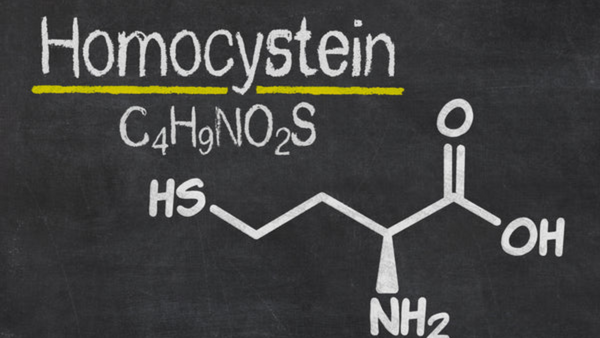Neurodermatitis is characterized by eczema: the skin is inflamed and rashes occur.
External and internal factors appear to play a role in the development of neurodermatitis. Pollutants, allergies, stress and an unhealthy diet can cause the immune system to overreact, resulting in inflammatory skin reactions.
Hormonal changes, stress, the climate, allergens, infections and a sick intestine are factors that can promote neurodermatitis.
Anti-inflammatory drugs such as cortisone preparations, ciclosporin and calcineurin inhibitors are used to treat neurodermatitis.
Micronutrients can support the treatment of neurodermatitis.

zinc
Zinc is extremely important for healthy skin. It promotes wound healing and skin renewal. It also has anti-inflammatory and antibacterial properties and thus promotes the body's defense against pathogens.
It is therefore not surprising that zinc deficiency can promote skin diseases. A poor supply of zinc is also associated with the development of neurodermatitis.
In one study, taking zinc significantly improved the skin condition of neurodermatitis patients. 1
Omega-3 fatty acids
Omega-3 fatty acids have an anti-inflammatory effect. Most people do not get enough of omega-3 fatty acids in their diet.
Unfortunately, there is not much research on omega-3 fatty acids for atopic dermatitis. However, in a small study, taking omega-3 fatty acids was able to alleviate the symptoms of eczema. 2
Vitamin D
People with vitamin D deficiency have an increased risk of neurodermatitis. In countries with lots of sun, neurodermatitis is also less common. Vitamin D deficiency is very common in Germany. According to a study by the Robert Koch Institute, over half of Germans do not have an adequate supply of vitamin D.
Vitamin D has an immune-regulating effect and can therefore counteract inflammation. For many neurodermatitis patients, the symptoms are more pronounced in winter than in summer. This is another indication that vitamin D supply could play a role in neurodermatitis.
In a study of children with atopic dermatitis, symptoms decreased significantly after one month of vitamin D intake. 3 4

Antioxidants
The inflammation in neurodermatitis promotes the formation of free radicals, which cause oxidative stress. Oxidative stress can in turn increase inflammation.
Neurodermatitis patients are often not well supplied with antioxidant nutrients. In addition, markers for oxidative stress are often elevated.
Vitamin E helps to reduce immunoglobulin E (IgE) antibodies. High IgE levels promote allergies and also seem to play a role in the development of atopic dermatitis. In a small study, taking vitamin E was able to alleviate atopic dermatitis symptoms and improve quality of life. 5
The supply of vitamin C correlates with the severity of neurodermatitis. 6
Selenium is a component of many antioxidant enzymes. Initial studies indicate that taking selenium can alleviate the symptoms of neurodermatitis. 7 Germany is considered a selenium deficiency area and a deficiency is widespread.
Curcumin
Curcumin is derived from turmeric and also has anti-inflammatory and anti-oxidative properties. There is evidence that curcumin can have a positive effect on skin health. 8
Conclusion: Micronutrients play an important role in neurodermatitis
Inflammatory reactions are more common in neurodermatitis. Neurodermatitis patients are often not well supplied with anti-inflammatory and antioxidant nutrients. Those affected should ensure they have a good supply of these critical nutrients.
WE HAVE GONE YOU A 10% VOUCHER FOR OUR
ZINC , SELENIUM , TURMERIC , VITAMIN C , VITAMIN D AND OMEGA-3
PROVIDED AND HOPE TO BRING YOU JOY WITH IT.
SIMPLY COPY THE FOLLOWING COUPON CODE
AND ENTER IT AT CHECKOUT:
HAUT+V10
TO THE PRODUCTS

















